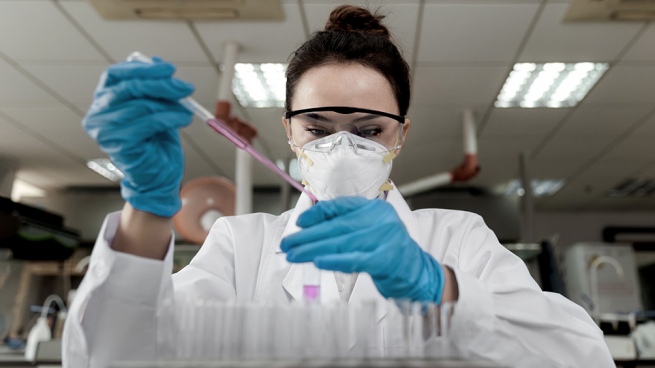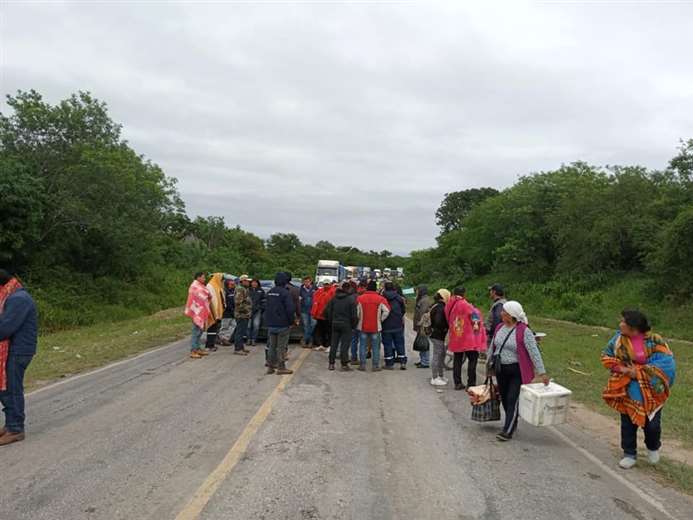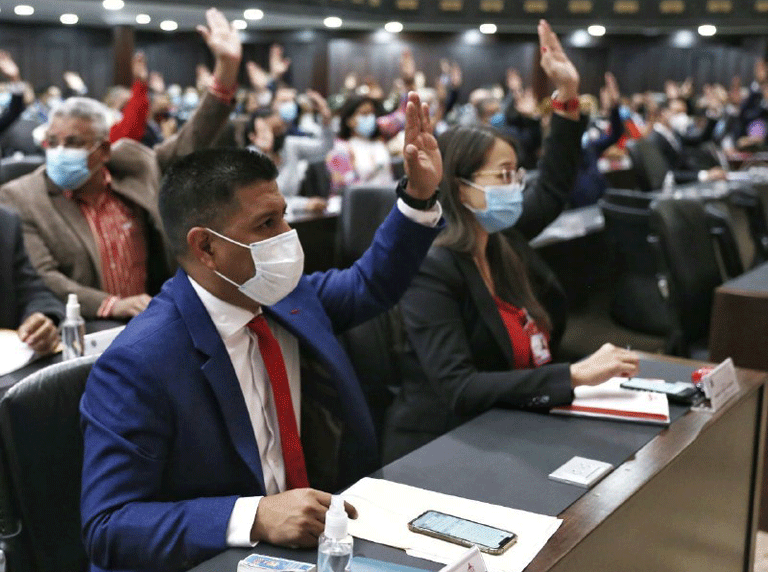Previous coronavirus infection is linked to a robust and accelerated immune response after the first dose of the Pfizer/BioNTech vaccine, according to a study from researchers at Temple University Lewis Katz School of Medicine, USA.
In the work, published in the scientific magazine “JCIInsight”, The researchers found that those who had coronavirus before vaccination experienced a rapid production of antibodies after the first dose of the vaccine, with little or no increase after the second, the Europa Press news agency reported. The opposite pattern was seen in the uninfected.
“Our study demonstrates that the presence of immune memory induced by a previous infection alters the way individuals respond to vaccination with SARS-CoV-2 mRNA. The lack of response after the second dose of the vaccine in previously infected individuals is especially relevant, because it could mean that some people may require only one dose or could potentially skip the booster vaccine.” one of the leaders of the investigation, Steven G. Kelsen.
The study in health workers
The researchers conducted the study in healthcare workers, some of whom had previously tested positive in SARS-CoV-2 infection, and others had never been infected.
In both groups, the researchers measured the levels of neutralizing antibodies in blood samples taken at three different times, including before vaccination and after each dose.
They also made a qualitative assessment of local reactions and systemic symptomssuch as fever, headache and fatigue, associated with vaccination.
While neutralizing antibody levels peaked in some people with prior COVID-19 disease after the first dose of the vaccine, individuals without a history of infection showed massive responses after the second dose.
But those elevated levels also fell rapidly, and in the case of the Covid-19 group, despite a lack of response to a second dose, individuals generally had longer-lasting immunity.
However, prior infection was also associated with more frequent and longer-lasting adverse reactions to the vaccine.
“Previous studies had similarly reported long-lasting immunity and strong immune reactions in Covid-19 patients. We now bring new insights into how prior infection interacts with vaccination in terms of measurable immune response and how individuals react to vaccines.” mRNA vaccines based on history of infection,” says Kelsen.
in future worksthese researchers plan to modify their neutralizing antibody assay to detect Omicron and other variants of SARS-CoV-2.
“We are also interested in knowing How long does a booster dose of the vaccine last?“, concluded the scientist, according to Europa Press.








